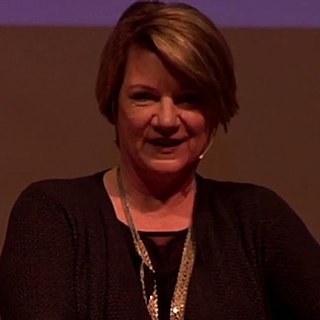A Quote by Stockwell Day
For some decades now, it seems, there has been a ukase in place in American journalism to the effect that Canada is entitled to one story per season.
Related Quotes
Once the Fugitive Slave Act took effect, the Northern states were no longer safe for those who managed to escape from being enslaved. The second season of Underground does explore Canada's role in providing a welcoming place for the thousands who were in danger of being captured and returned to their owners, and those who escaped by way of rerouting beyond the American borders.
There is a problem in America. An Irish or Polish American can write a story and it's an American story. When a Black American writes a story, it's called a Black story. I take exception to that. Every artist has articulated to his own experience. The problem is that some people do not see Blacks as Americans.
Since I went public with my story, I've never experienced such hate. I sometimes want to crawl under my blanket and hide forever and say, "No, that's some other girl who had an opinion." My blood has boiled a few times, but I just have to come back to earth and say people are entitled to their own opinions and I'm entitled to share my story the way I want. And that's exactly what I'm doing.
Until recently we’ve only been able to speculate about story's persuasive effects. But over the last several decades psychology has begun a serious study of how story affects the human mind. Results repeatedly show that our attitudes, fears, hopes, and values are strongly influenced by story. In fact, fiction seems to be more effective at changing beliefs than writing that is specifically designed to persuade through argument and evidence.
Our attitude toward our own culture has recently been characterized by two qualities, braggadocio and petulance. Braggadocio - empty boasting of American power, American virtue, American know-how - has dominated our foreign relations now for some decades. Here at home - within the family, so to speak - our attitude to our culture expresses a superficially different spirit, the spirit of petulance. Never before, perhaps, has a culture been so fragmented into groups, each full of its own virtue, each annoyed and irritated at the others.


































